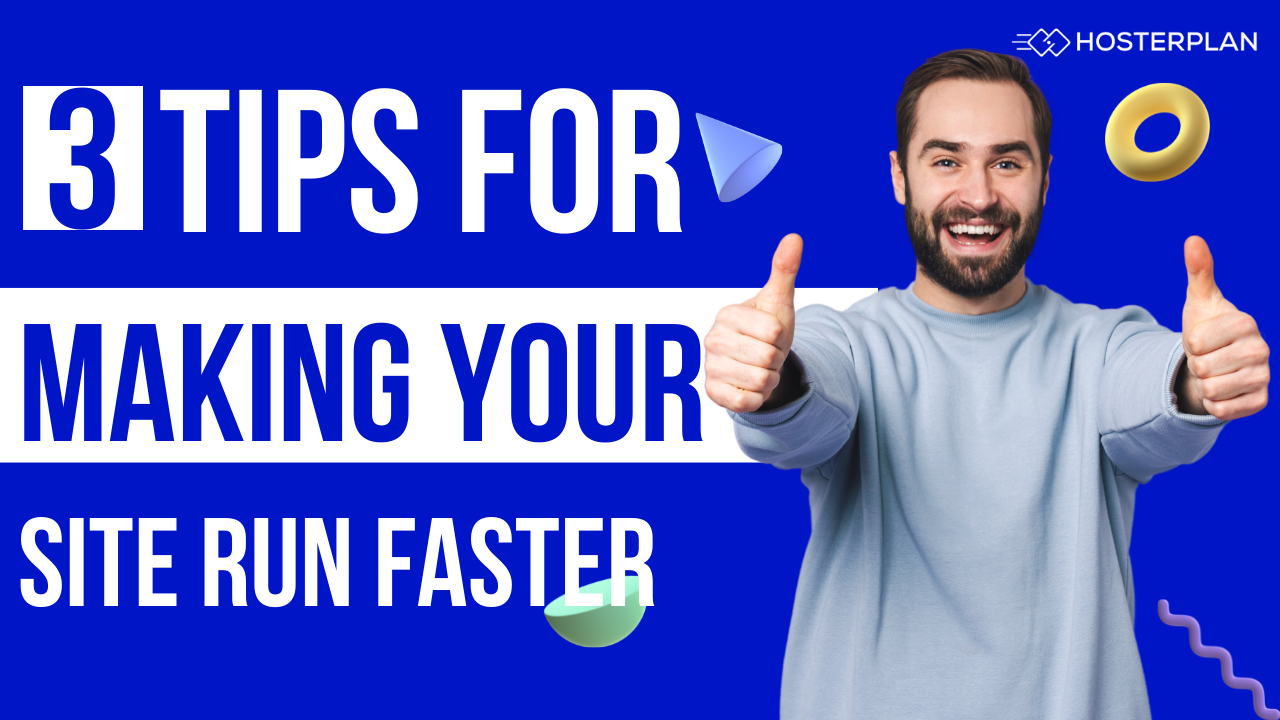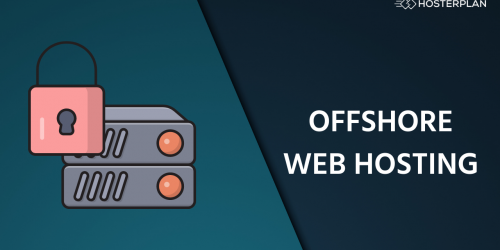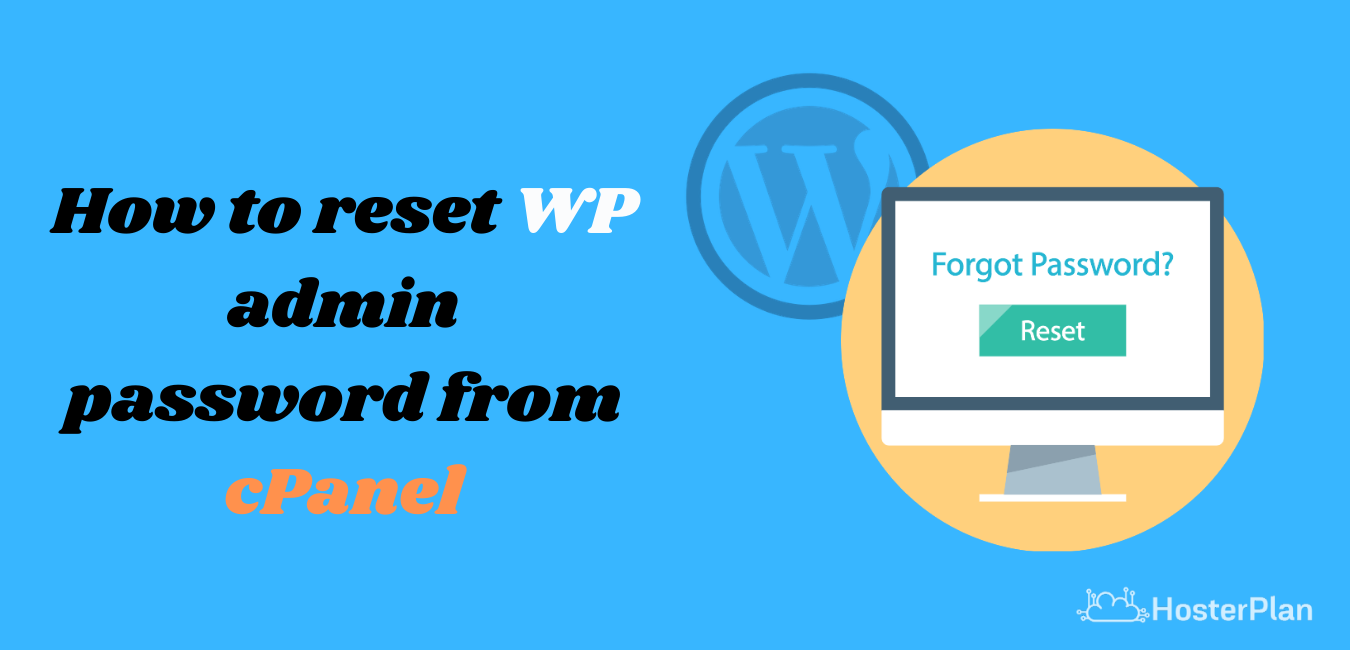3 Tips for Making Your Site Run Faster
Every website needs to be fast in order to be successful. This is especially true for ecommerce websites that sell products and services. In this article, I will be walking you through 8 tips to help make your site faster. From choosing the right hosting service to using caching to optimizing your website, I will cover all the bases to help you making your site run faster.
Table of Contents
1. Choosing the right hosting service for your website
The most important factor in choosing the right hosting service for your website is the overall speed of the service. Your website’s speed will depend on the speed of the hosting service. The company you choose to host your website should have a very fast server. Your hosting service should also have good customer support and a reliable service. You should also make sure that the company you choose to host your website has a good reputation. If you are looking for a hosting service for a small website, you should choose a hosting service that is good for small websites. If you are looking for a hosting service for a large website, you should choose a hosting service that is good for large websites. – Provide a link to the article’s original article.
2. Using caching to speed up your website
The Internet is growing and more people are becoming online. This means more traffic and more server requests. This is a problem that many websites are facing. One way to fix this problem is to use caching. Caching can help websites run faster because it stores the website’s content locally. This means that when someone visits the website, the server doesn’t have to process the request again. However, you need to make sure that you are using caching correctly. This will ensure that your website is running faster and your visitors can enjoy it without any problems.
3. Optimizing your website
The best way to optimize your website for speed is to use a CDN. CDNs are servers that store your website files and provide them to your website visitors. CDNs are designed to speed up websites, saving time and money. CDNs can also protect your website’s data from being accessed by hackers. CDNs also allow websites to have a more responsive website. The other methods of optimizing your website for speed include: making sure your website uses the latest version of Jekyll, using a cache plugin, using a cache plugin, and using a cache plugin. If you are unsure of how to set up your website, you can consult your web host.


![[ENDED] Cyber Monday 2020 : Mega Offer On Domain, Hosting & VPS 3 Add a heading](https://hosterplan.com/blog/wp-content/uploads/2020/11/Add-a-heading.png)

![[ENDED] Black Friday Sale Coupon, Details Update : 70% Off, Buy 1 Get 1 & Guaranteed Discount 5 Logopit 1605817890859](https://hosterplan.com/blog/wp-content/uploads/2020/11/Logopit_1605817890859.jpg)


